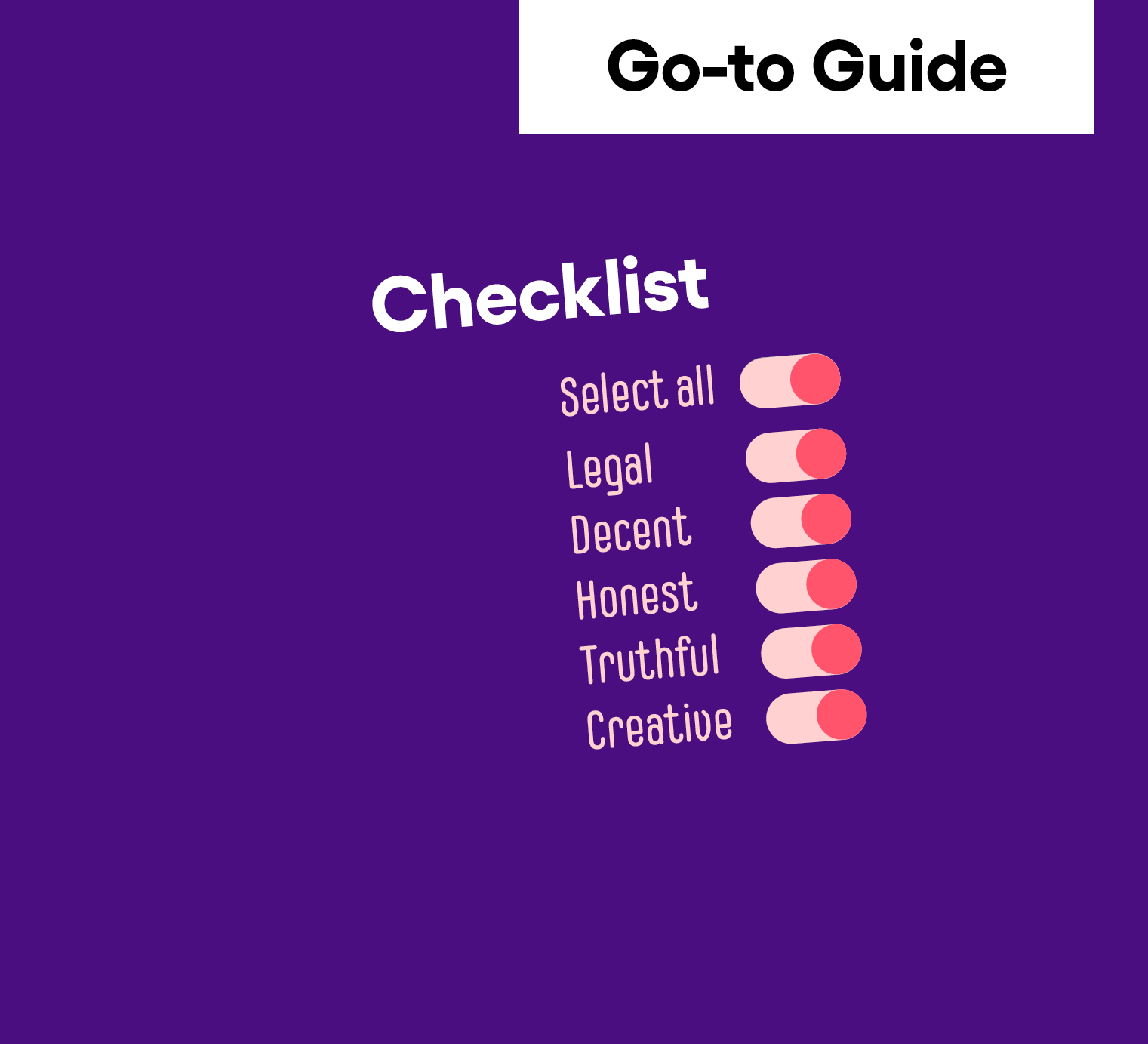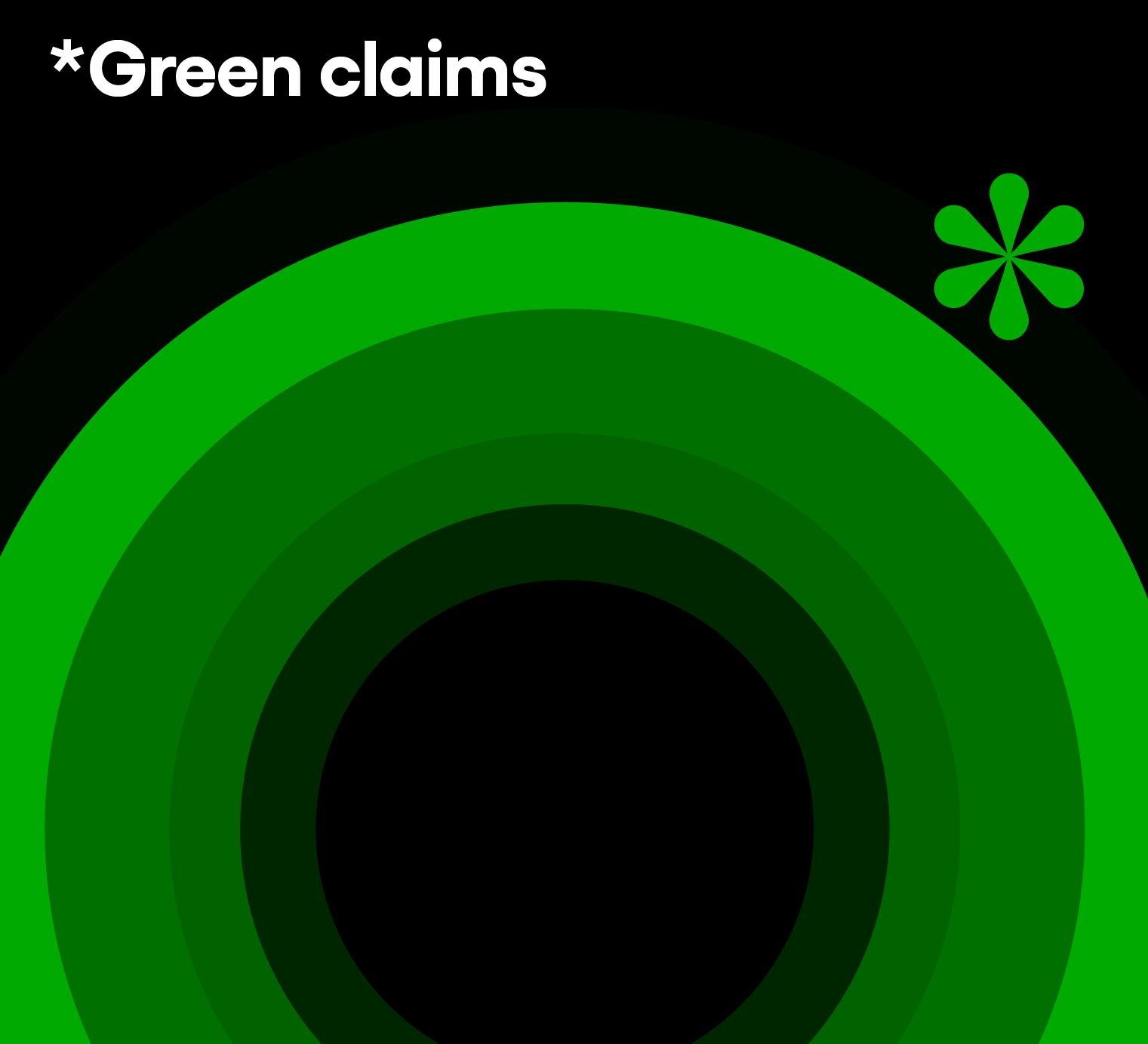The ICC Advertising and Marketing Communications Code
The ICC Advertising and Marketing Communications Code is the international go-to guide for responsible marketing and advertising. It is the benchmark for almost 50 self-regulatory codes in countries around the world. Since 1937, it has set the standard for marketing that is legal, honest, decent and truthful. In doing so, it both protects consumers and supports advertising and creative freedom.
Go directly to:
It stands for standards.
For almost 90 years, the Code has set the standard for responsible advertising and marketing communication all over the world. See what it stands for below.
The ICC Code is the backbone of global advertising and marketing self-regulation.
In 1937, ICC brought together the best local advertising and marketing communications standards from around the world, to create an international standard: the ICC Advertising and Marketing Communications Code. While the world of advertising and marketing has changed immensely since then, the ICC Code has remained steadfast in its goal to build consumer trust with marketing that is legal, decent, honest and truthful, constantly keeping pace with global and industry developments.
From France’s ARPP Code to China’s Responsible Marketing Code, the ICC Advertising and Marketing Communications Code today serves as the cornerstone for most self-regulatory systems around the world.
Updated in 2024, the ICC Code now covers some of the biggest issues facing the advertising and marketing industries. From influencer marketing, AI and environmental claims, to marketing to children and teenagers, the ICC Code has it covered. What’s more, the comprehensive ICC Code covers the entire spectrum of marketing activities including advertising to digital marketing communications, sponsorship, sales promotion and social media.
The ICC Advertising and Marketing Communications Code is maintained and updated by our expert members who represent a broad range of industry sectors worldwide. In other words, it’s designed by business, for business as your practical go-to guide, to reference anytime, anywhere.
Who is the Code for?
Our mission at ICC is to make business work for everyone, every day, everywhere, and our ICC Advertising and Marketing Communications Code is no exception.

The Code provides a basis for in-house guidelines at major global brands

Agencies use the Code to create in-house guidelines or as reference for global campaigns

The Code is a go-to reference for SMEs startups and influencers marketing across borders

The Code is a trusted reference for the latest global self-regulatory guidance
Designed for marketing and advertising professionals worldwide, the ICC Advertising and Marketing Communications Code is the foundation for in-house guidelines at major global brands and international agency networks. But the ICC Code is also a user-friendly, one-stop reference for smaller businesses too. From established brands to startups, the ICC Code is the go-to reference for any business looking to build trust by standing for standards while enabling creativity to flourish. From SMEs and startups to influencers and independent agencies, any business can promote responsible marketing across borders by adhering to the ICC Code. Meanwhile, policymakers and academics can stay informed with the very latest global self-regulatory guidance.
How does self-regulation work?
Get to grips with how self regulation works in advertising and marketing and why it matters now more than ever.
What’s new for 2024?
Find out what’s new and what’s changed in the ICC Code to address the big issues of today.

Understand the basics of the ICC Code
A responsible marketing communications cheat sheet, with the basic principles you need to know.

The ultimate responsible marketing communications checklist
Make sure your communications meet the standards of the Code.

Latest guidance and publications
Updates, toolkits and frameworks to help you navigate the changing landscape.

Training on Green Claims
Training for you and your team on how to use environmental claims in advertising communications.
How the world’s standard is applied around the globe

For further information you can contact
